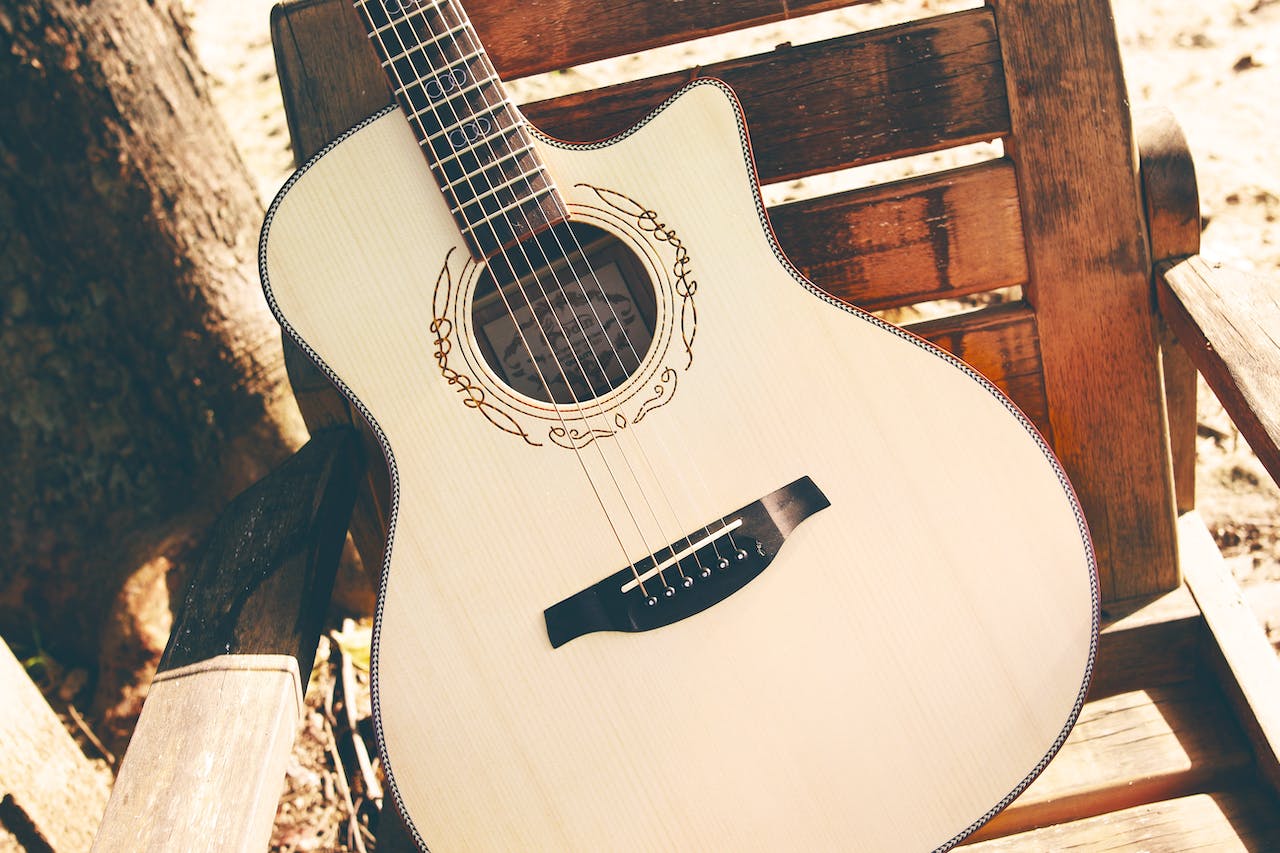
Guitar Maintenance 101: Essential Tips for Taking Care of Your Instrument
For passionate guitar enthusiasts, their instrument is much more than just a possession; it is a source of creativity, expression, and emotion that creates a deep connection between the player and their craft. Maintaining this beloved instrument in its prime condition is crucial to ensure its longevity, preserve its sound quality, and, ultimately, maximize the enjoyment of playing. Proper guitar care involves understanding the various factors that can impact the instrument's health and performance, adopting certain best practices, and taking preventive measures to mitigate potential damage.
In this blog, we will delve into the world of guitar maintenance, offering guidance on developing a personalized care routine tailored to your specific instrument and playing habits. We will cover various topics, including cleaning and polishing techniques, string care, fretboard conditioning, humidity control, and assessing the hardware and electronics. We are confident that, armed with this crucial knowledge and practical advice, you will be well-equipped to provide your guitar with the tender, loving care it deserves. So, pick up that polishing cloth, and let's ensure your guitar stays in tip-top shape for the long haul.
Cleaning and Polishing Your Guitar
The first essential step to maintaining your guitar's health is regular cleaning and polishing. Removing dirt, dust, and sweat residue helps to preserve your instrument's appearance and prevent long-term damage. Here's a step-by-step guide to cleaning and polishing your guitar:
- Remove the strings: Detach your guitar strings to clean and polish the harder-to-reach areas more effectively. Be sure to replace your strings at regular intervals, as this not only ensures better playability but also promotes overall guitar maintenance.
- Wipe down the body, neck, and headstock: Use a soft, lint-free cloth to gently remove dirt and dust from the guitar's exterior surfaces. Take care when cleaning around delicate hardware components.
- Polish the finish: Apply a small amount of guitar polish to a clean cloth, following the manufacturer's instructions, and gently rub the polish into your guitar's finish. Be sure to choose a polish specifically designed for your instrument's finish, such as nitrocellulose, polyurethane, or satin.
- Clean the fretboard: For rosewood and ebony fretboards, apply a guitar-specific fretboard conditioner to a cloth and gently rub the frets' surface. Avoid using harsh cleaners or soaking the fretboard with too much liquid. For maple fretboards, lightly dampen a cloth with water and gently wipe down the frets, taking care not to oversaturate the wood.
Caring for Your Strings
String care plays a vital role in ensuring optimal guitar performance, improved sound quality, and increased string lifespan. Follow these essential tips to maintain your strings in top condition:
- Clean your strings regularly: After each practice or performance session, use a clean cloth or dedicated string cleaner to remove dirt, sweat, and oils from your strings. This simple habit will significantly prolong your string life and protect your instrument's sound quality.
- Replace your strings as needed: When your strings begin to sound dull, fail to hold tuning, or show visible signs of wear and corrosion, it's time to replace them. Regular string replacement benefits your entire guitar, enhancing its playability, intonation, and overall health.
- Store your guitar properly: When not in use, store your guitar in a case or on a stand to protect the strings from dust, humidity, and temperature fluctuations that can contribute to premature deterioration.
Monitoring and Controlling Humidity Levels
Humidity plays a significant role in your guitar's health, with extreme moisture levels potentially causing warping, cracking, or swelling. Here's how to maintain optimal humidity levels for your instrument:
- Invest in a hygrometer: A hygrometer measures the moisture content in the surrounding air, helping you monitor and maintain your guitar's optimal storage environment. A relative humidity (RH) level between 40% and 60% is ideal for most guitars.
- Use humidifiers or dehumidifiers: Depending on your local climate and indoor conditions, invest in either a humidifier or dehumidifier to regulate your guitar's surrounding humidity levels. Guitar-specific humidifiers, designed to be placed inside your instrument's soundhole or case, are also available for added protection.
- Store your guitar properly: Maintain consistent humidity levels in your guitar's storage location, avoiding exposure to fluctuations or extreme conditions. When transporting your guitar, utilize a hardshell case for extra insulation against humidity and temperature changes.
Maintaining Hardware and Electronics
To ensure your guitar continues to perform optimally and respond accurately, regular checkups and maintenance of its hardware and electronics are essential. Here are a few tips:
- Inspect your hardware: Regularly check your guitar's tuners, nut, bridge, and saddle for signs of wear or damage, replacing components as needed to maintain your instrument's performance and tuning stability.
- Adjust your truss rod: The truss rod, found inside your guitar's neck, counteracts string tension and maintains proper neck curvature. Periodically inspect your neck's alignment and, if necessary, adjust the truss rod to eliminate any bowing, twisting, or excessive relief.
- Check your electronics: For electric guitars, ensure your pickups, volume, and tone controls, and output jack are functioning correctly. Clean and lubricate your guitar's potentiometers and switches using a contact cleaner specifically designed for electronics.
Conclusion
By embracing a proactive and consistent approach to guitar maintenance, you can preserve your instrument's beauty, performance, and longevity for years to come. Armed with these essential cleaning, string care, humidity control, and hardware maintenance tips, you are now well-equipped to provide your beloved guitar with the tender loving care it deserves. Ultimately, a well-maintained guitar will reward you with a richer, more enjoyable playing experience, reinforcing the deep connection that every guitarist shares with their instrument. Happy playing, and may you cherish your guitar for many years to come!
Are you looking for the best acoustic capo to take your guitar playing to the next level? Check out what we have over at Kyser Capos today!



Leave a comment
This site is protected by hCaptcha and the hCaptcha Privacy Policy and Terms of Service apply.